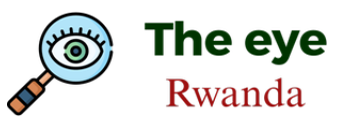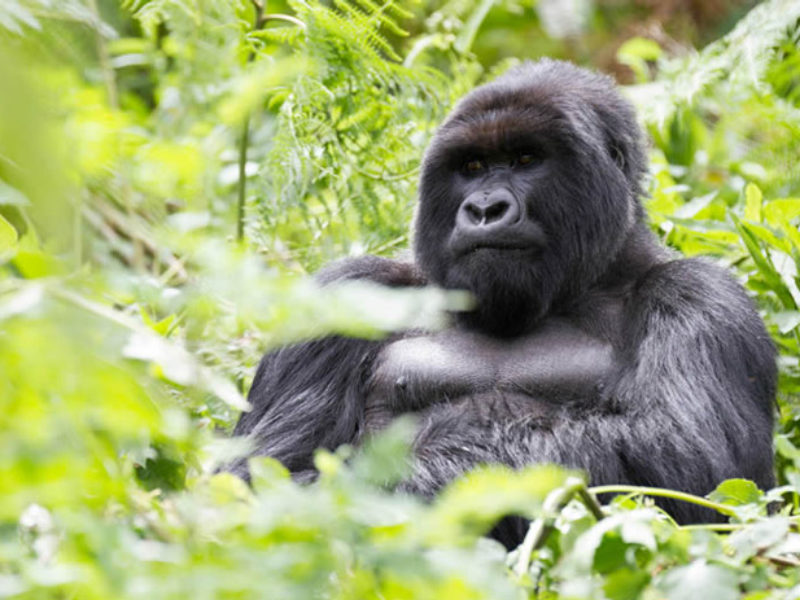Rwanda General Useful Information
Location
Central Africa.
Time
GMT + 2.
Area
26,338 sq km (10,169 sq miles).
Population
8.6 million (UN, 2005).
Population Density
326.52 per sq km.
Capital
Kigali.
Population:
800,000 (estimate 2005).
Geography
Rwanda is a small mountainous country in central Africa, bordered to the north by Uganda, to the east by Tanzania, to the south by Burundi, and to the west by the Democratic Republic of Congo. The country is divided by great peaks of up to 3000m (9842ft), which run across the country from north to south. The Virunga volcanoes, rising steeply from Lake Kivu in the west, slope down first to a hilly central plateau and further eastwards to an area of marshy lakes around the upper reaches of the A’Kagera River, where the A’Kagera National Park is situated.
Government
Republic since 1962. Gained independence from Belgium in 1962.
The Government, led by former army chief Paul Kagame, has a fairly impressive record under extremely difficult circumstances. The country relies heavily on western aid to sustain its economy. However, there are signs of an increasingly dictatorial attitude on the part of the Government, manifested in the Presidential and Parliamentary elections held in the summer of 2003: amid numerous allegations of intimidation and ballot-rigging, Kagame and the Rwandan Patriotic Front won both polls with a huge majority. Given the Tutsi dominance of the RPF, there is a clear danger of a future repeat of the ethnic violence that has disfigured Rwanda since Independence.
Executive power is held by the President, who is directly elected to serve a seven-year term. The legislature is the bicameral National Assembly. This comprises the 80-member Umutwe w’Abadepite (Chamber of Deputies) and the 26-member Umutwe wa Sena (Senate). The Chamber of Deputies serves a five-year term: 53 members are elected by proportional representation, 24 seats are reserved for women, two for the National Youth Council, and the remaining seat for the disabled. Members of the Senate serve an eight-year term: eight are appointed by the President; the remainder are indirectly elected.
Head of Government
Prime Minister Bernard Makuza since 2000.
Head of State
President Paul Kagame since 2000.
Language
The official languages are Kinyarwanda, French, and English. Kiswahili is used for trade and commerce.
Religion
Animist (50 percent), Christian (mostly Roman Catholic), and an Islamic minority.
Electricity
220 volts AC, 50Hz.
Social Conventions
The traditional way of life is based on agriculture and cattle. The Rwandans settle in the fertile areas, but they do not form villages, each family being surrounded by its own fields. The majority of the population belongs to the Hutu tribe. There is a significant Tutsi minority (15 percent) and a smaller minority of Twa, a mixed-race of traditional potters and hunters and said to be the country’s first inhabitants. Normal social courtesies apply.


